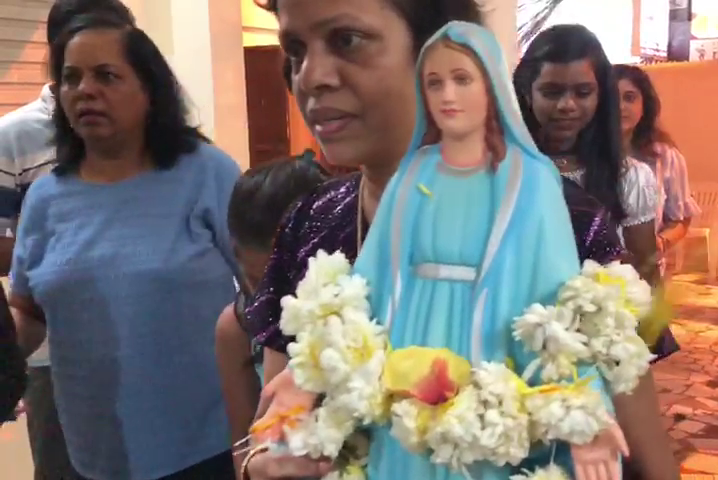June 9, 2016 …. The Supreme Court has approved the Centre’s guidelines to protect Good Samaritans, who help road accident victims, from being unnecessarily harassed by police or any other authority. In an order passed in March this year, a bench comprising justices V Gopala Gowda and Arun Mishra asked the Central government to give wide publicity to these guidelines so that people who help others in the time of distress are not victimized by any authority.
The bench also took on record the guidelines placed by the Ministry of Road Transport and Highways which were based on the recommendations of the three-member committee headed by former judge K S Radhakrishnan.
The committee, also comprising Former Secretary of Road Transport Ministry S Sundar and Nishi Mittal, ex-chief scientist, had given 12 major recommendations including setting up of State Road Safety Councils, evolving a protocol for identification of black spots, their removal and monitoring to see the effectiveness of the action taken.
The apex court-appointed committee had also suggested strengthening of enforcement relating to drunken driving, over-speeding, red light jumping and helmet or seat belt laws.
The Ministry had said in a statement that in the absence of any statutory backing, it was proving difficult to enforce these guidelines and therefore the government had approached the apex court to consider issuing these guidelines, through an order binding on all states and Union Territories, until the Union government enacts a law to this effect. The court had in 2014 appointed the three-member committee to monitor steps taken by the Centre and state governments to ensure road safety.
No criminal or civil liability will accrue to Samaritans, who cannot be detained at the hospital or asked to pay for the injured patient’s admission or treatment unless they are relatives, the bench of Justices V. Gopala Gowda and Arun Misra said.
A bystander who calls the police or emergency services, or a Samaritan who takes the victim to hospital, cannot be forced to reveal his name or other details. He can be questioned by police or examined during trial just once, with video-conferencing an option.
Highlights of the guidelines that the Supreme Court. A bystander/good Samaritan/eyewitness who takes a road accident victim to the nearest hospital should be allowed to leave immediately, without any question asked except about his address. • No hospital, private or public, can detain the Samaritan or demand payment for registration/admission unless he is a relative of the victim and the injured needs immediate treatment.• Every hospital must put up a charter in Hindi, English and the state’s vernacular language at its entrance saying it will not detain a Samaritan or ask him to deposit money.• Authorities must act against any hospital that fails to comply with these guidelines. • A doctor’s lack of response in a road accident-related emergency will constitute “professional misconduct”.
Police and the Law:• A Samaritan will not be subject to any civil or criminal liability. A bystander who calls to inform the police or emergency services about a road accident victim must not be forced to reveal his name or any other personal details on the phone or in person.• For the Samaritan, providing his name or contact details — even on the “medico-legal case form” provided by hospitals — should be optional.• Governments must take disciplinary/departmental action against officials who coerce or intimidate a Samaritan to reveal his name or other details.• If a Samaritan has voluntarily said he is an eyewitness to the accident and if he needs to be questioned for the purpose of investigation or during trial, he will be examined just once. The use of video-conferencing may prevent inconvenience and harassment.• States should develop standard operating procedures within 30 days to ensure that Samaritans are not harassed or intimidated.




